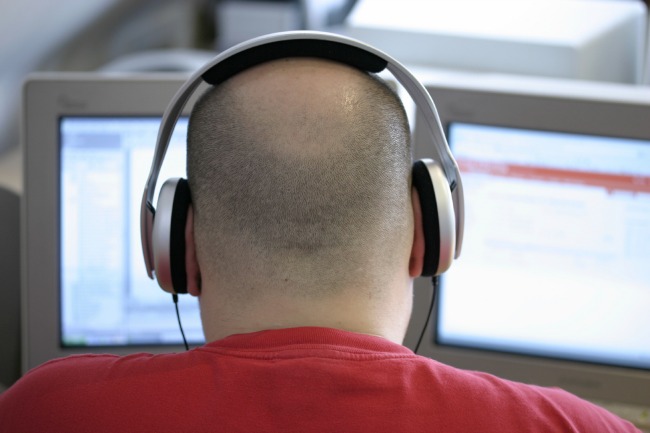A day without any interruptions would be a very strange day indeed.
Would you really want to eliminate all the interruptions that you get? Imagine arriving at your work space early in the morning. You write out a to-do list, and then launch into your first task, preparing next year’s budget. After that, there are no interruptions. No one comes to ask you a question. Your boss doesn’t show up to assign any tasks. You check your email – no new messages. Your telephone never rings. No chats about your sports team. No meetings to attend. No requests No calls, no voice mail, no texts. No interruptions.
Everyone around you is busy. But no one interrupts you.
This would be a strange day. You’d certainly have plenty of time to concentrate. Chances are you’d also feel lonely and unappreciated.
The fact is, interruptions are necessary at work. Organizations rely on collaboration, delegation, and teamwork to succeed. As an employee, you can’t do it alone. You need to respond, to be available, to act as both a knowledge source and someone who directs action. This is true whether you’re the president or an entry level intern.
In our corporate time studies, we’ve discovered a curious irony about productivity and interruptions Many sales and service people tell us that their most important task is to provide customer service. Yet when we ask them what gets in the way of their productivity, interruptions and customer requests outnumber other productivity issues. They seem to be saying, “I could help this customer if I just wasn’t being interrupted by that customer!”
Another irony is that we interrupt ourselves. Responding to low priority emails is the top interrupter, based on actual data from our TimeCorder studies.
Face it. Interruptions are inevitable. The hassle is that they come when you’d rather be working on something else – usually a high priority task. To manage your time better, manage your interruptions so that you are in control of them, rather than them controlling you.
Some employees put up a “Do Not Disturb” sign, fending off co-workers. Unfortunately, what works for you does not work well for them. Your productivity comes at the expense of others’ productivity.
Some people put on headphones to ward off interruptions. They say they can concentrate more on work. But there is evidence that headphones don’t help concentration. If you’re writing a report or doing data entry while you’re listening to music, then your brain has to deal with two inputs at once. The research shows that this confuses the mind.
Here is a piece from CBC Radio on privacy and headphones, including some of my thoughts.
→Dealing with noise in open offices – CBC Radio workplace column

Face it, interruptions are inevitable. Instead of running away from them, plan your day in advance. Block off time for your most important priorities. Aim to finish tasks, not just work on them. And in the middle of everything, when someone comes by for that pesky question, accept your interruptions. Then handle them quickly. Your time is worth it.


0 Comments